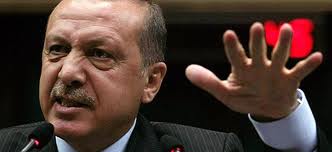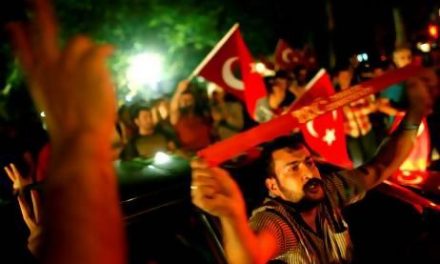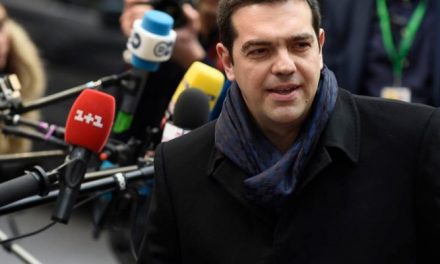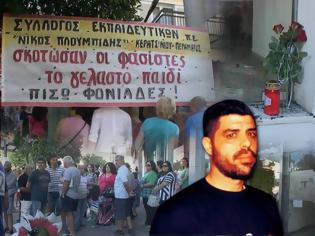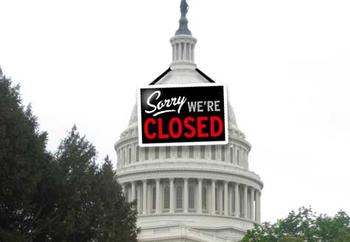By THE EDITORIAL BOARD, New York Times
Defying predictions, President Recep Tayyip Erdogan’s Justice and Development Party, the A.K.P., won a conclusive victory in Sunday’s national elections in Turkey, freeing it from the need to form a coalition to stay in power. Mr. Erdogan proclaimed it a vote “in favor of stability,” and that is what it apparently was — though it was Mr. Erdogan who churned up much of the turmoil that frightened voters back into his camp.
Though the A.K.P. won about half the vote, it did not gain enough seats in Parliament to enable Mr. Erdogan to change the Constitution to create the strong executive presidency he has sought since he assumed the office last year. But the A.K.P. majority will mean a continuation of 12 years of one-party rule, and most probably a continuation of Mr. Erdogan’s increasingly authoritarian domination of the Turkish government.
Mr. Erdogan engineered Sunday’s vote after the last elections, on June 7, not only failed to secure the seats he needed for his presidential scheme, but cost the A.K.P. its majority and allowed a pro-Kurdish coalition, the Peoples’ Democratic Party, to enter Parliament for the first time. Instead of helping to form a coalition government after that vote, Mr. Erdogan called for new elections.
In the intervening time Turkey resumed bombing attacks on Syrian Kurds and violence flared in the country’s volatile southeast. Opposition politicians were assailed and the government’s longstanding harassment of the news media reached new levels. On the eve of the election, the police raided the last television channels critical of Mr. Erdogan, which had belonged to an Islamic movement that had gone from support of Mr. Erdogan to fierce opposition.
In the early years of A.K.P. rule, Mr. Erdogan had been hailed in Europe and the United States as the face of moderate Islam. Turkey’s economy bloomed, human rights improved as Turkey sought membership in the European Union and Mr. Erdogan achieved a cease-fire with Kurdish rebels. But much of that has been undermined, and Mr. Erdogan has come under increasing criticism in the West, as he has turned steadily toward authoritarian rule, assisted by his ally and prime minister, Ahmet Davutoglu.
The worst outcome of the election would be for Mr. Erdogan to use the results to justify further intimidation of critics as he seeks to make the presidency more powerful. Even if he does not achieve that goal, he will continue wielding power from behind the scenes, and there are fears that the pro-Kurdish coalition and others who campaigned against him will become targets of reprisals.
In a chilling taste of what may be coming, on the day after the election Turkish police officers raided a weekly magazine charged with “insulting the Turkish president.” The editor was detained and distribution was halted.
Mr. Erdogan was quick to take aim at his foreign critics. The vote, he said, “should be respected by the whole world, but I have not seen such maturity.” It should be respected; voters have put their trust in him to restore stability. The question now is whether he will use his office to ensure the survival of democracy.

